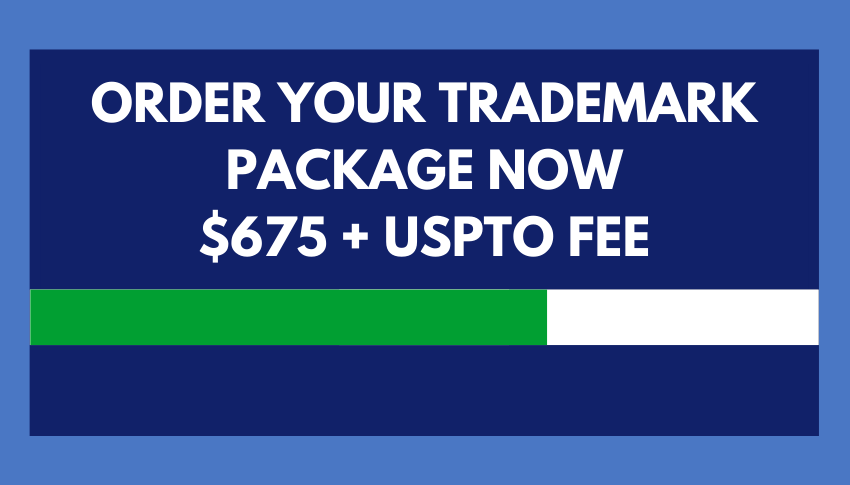“Bam!” “That’s Hot” and “Three-peat” are words we are all too familiar with thanks to American pop culture. We use these words so often to describe a success or something awe-inspiring that we don’t even think twice about them. But what if we told you that someone owns these words? That’s right… there is someone out there who owns each of the terms “BAM!” “That’s hot” and “Three-peat,” and they each can profit from it every time it is used in a particular way thanks to trademark law.
Emeril Lagasse owns the word “Bam!” and can use that word as a trademark for practically anything that can be found in the kitchen. Paris Hilton, at the height of her popularity some years ago, trademarked the term “That’s hot,” and while some may think that “Three-Peat” is an upcoming term for Miami Heat basketball, it’s in fact the brainchild and registered trademark of Pat Riley. In the 1980’s, Pat Riley, as head coach of the LA Lakers, was so adamant about winning a third consecutive NBA championship, that he decided to trademark the word “Three-peat” in order to use it on Lakers merchandise.
History has shown that although trademark law allowed him to do just that, the Detroit Pistons prevented the merchandise from telling the truth as the Lakers lost to the Pistons. However, years later, when the Chicago Bulls successfully achieved three consecutive championships, Pat Riley went laughing all the way to the bank as Chicago used the term “three-peat” all over its team merchandise.
What exactly is a trademark and how can someone own a phrase as a trademark? Well, trademarks are words or symbols used to identify specific products. Trademark Law allows these words or symbols to be protected from others trying to adopt the same trademark in the same field. An example would be a new chef trying to use “Bam!” on his line of kitchen products when Emeril Lagasse clearly intended to use the term exclusively for those types of products. The average consumer would likely confuse the new chef’s products for Emeril’s – what’s known as the “likelihood of confusion” standard in trademark law. Since Emeril has “Bam!” trademarked, the new chef would be prohibited from using that term, or something similar, for any goods or services similar to those offered by Emeril.
How does one go about trademarking something? There are two methods: There is a common law method, where one simply begins to use the trademark (if no one else has) in the manner he or she intended. If someone else were to use the same words or symbol in a similar manner, the original owner could prohibit the newcomer from doing so based on likelihood of confusion. However, this is a risk because dates may get mixed up and proving the true date of first use could be an issue, among others.
The second option is the protection afforded by federal trademark registration. And the best way to protect your trademark is to seek the counsel of a trademark lawyer who can help you register the trademark word or symbol. An experienced trademark lawyer can guide your application and registration process before the U.S. Patent and Trademark Office (USPTO) and ensure that you will be the only person entitled to use the trademark for your goods or services. So the next time you think about using a word or symbol to distinguish yourself, consider the benefits of trademark law and check out our Trademark FAQ for more information.







